Speech, religion, assembly, petition, and press. Whether you knew all of those or not, these are the five freedoms protected under the First Amendment. Penn Today conducted a study that showed that only 9% of people knew that the right to petition was protected under the first amendment, with the freedom of press being the next lowest at 28%. This is a big problem because it means that many Americans aren’t fully aware of their protected rights under the constitution. This can lead to less civic engagement, a chilling effect because people don’t know what is protected or not, less trust in the system, and more. After hearing this, I was curious what BVU students knew.
I conducted research on campus, with the intent of seeing how many rights people knew under the First Amendment. I asked 20 people to name the five rights protected under the First Amendment, and the results are as follows: 19/20 (95%) of people named the freedom of speech, 13/20 (45%) named the freedom of religion, 9/20 (45%) named the right to petition, 8/20 (40%) named the right to assemble, and a staggeringly low 5/20 (25%) named the freedom of press. After receiving these results, there was obviously an outlier. The freedom of press was the least known of the five freedoms.
Freedom of press states that the press can publish whatever they please without government censorship, even if it goes against or criticizes the government or public officials. It includes all kinds of media including print, broadcast, digital media, etc. This protects all journalists and allows them to investigate and report on whatever they so choose, keeping those with power in check. There are some limitations for journalists however; it does not protect libel, invasion of privacy, or anything that poses a clear threat to national security. The press can also not incite violence, commit crimes while reporting, or knowingly spread misinformation.
Americans are struggling to remember some of our basic rights, without that knowledge one can’t be as civically engaged as possible.



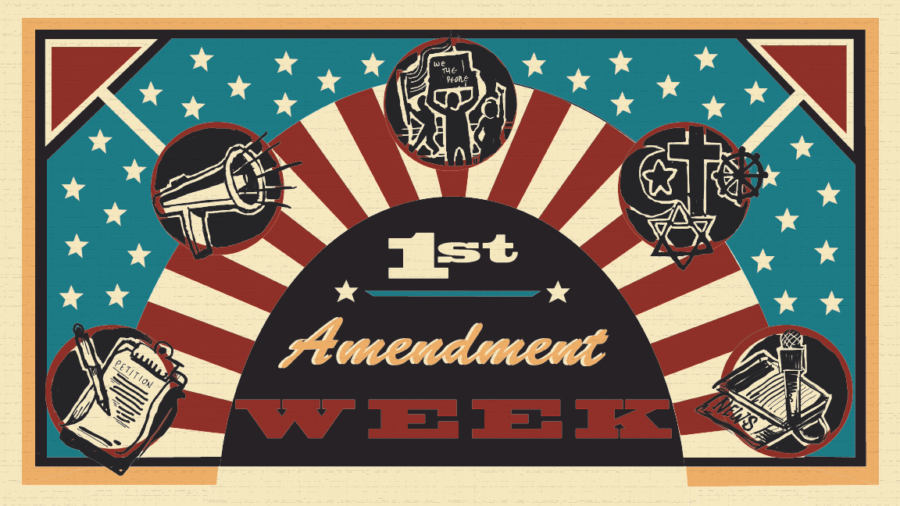
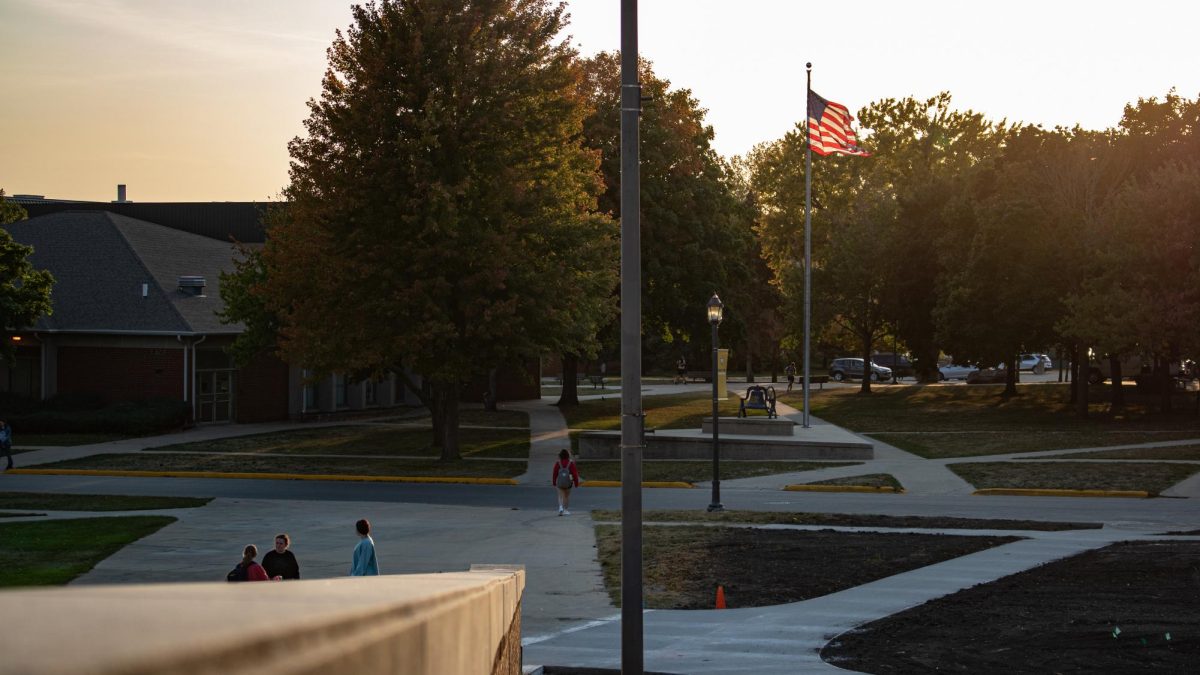
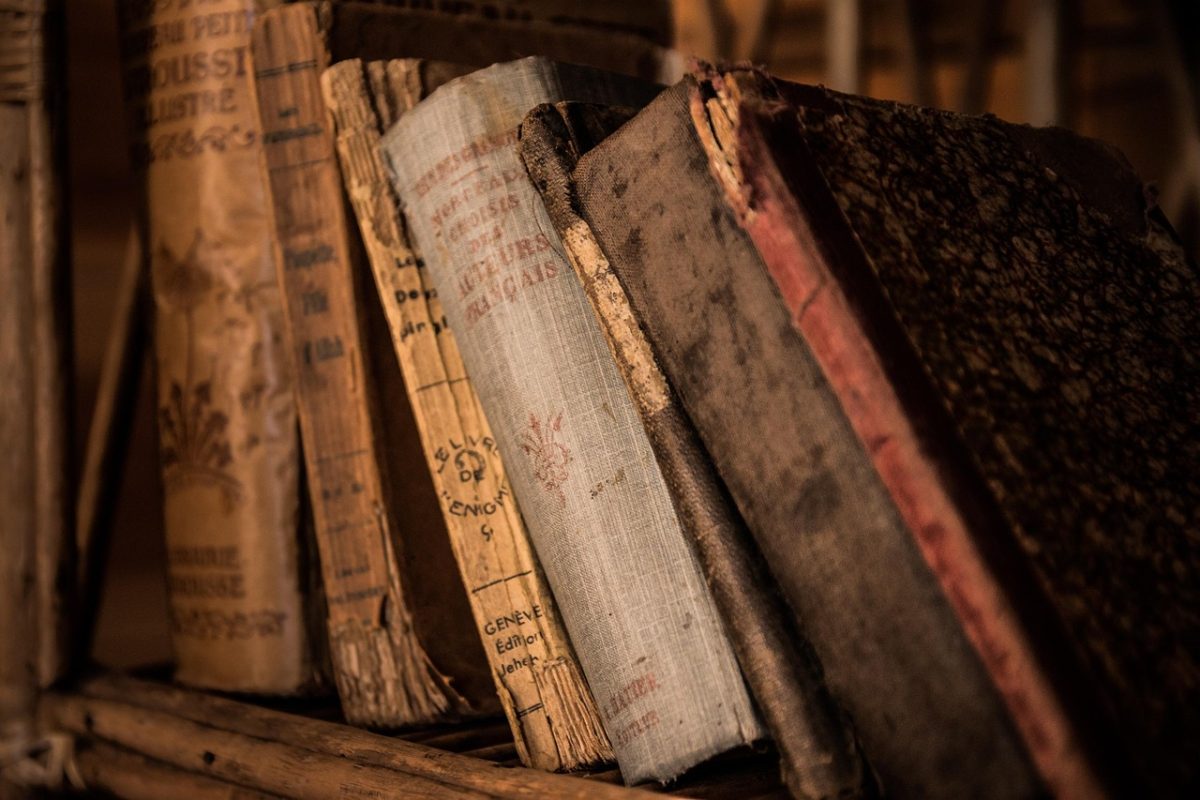

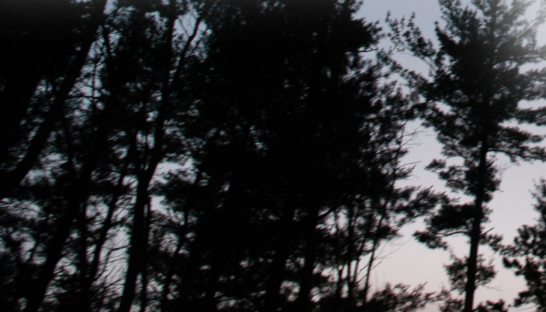

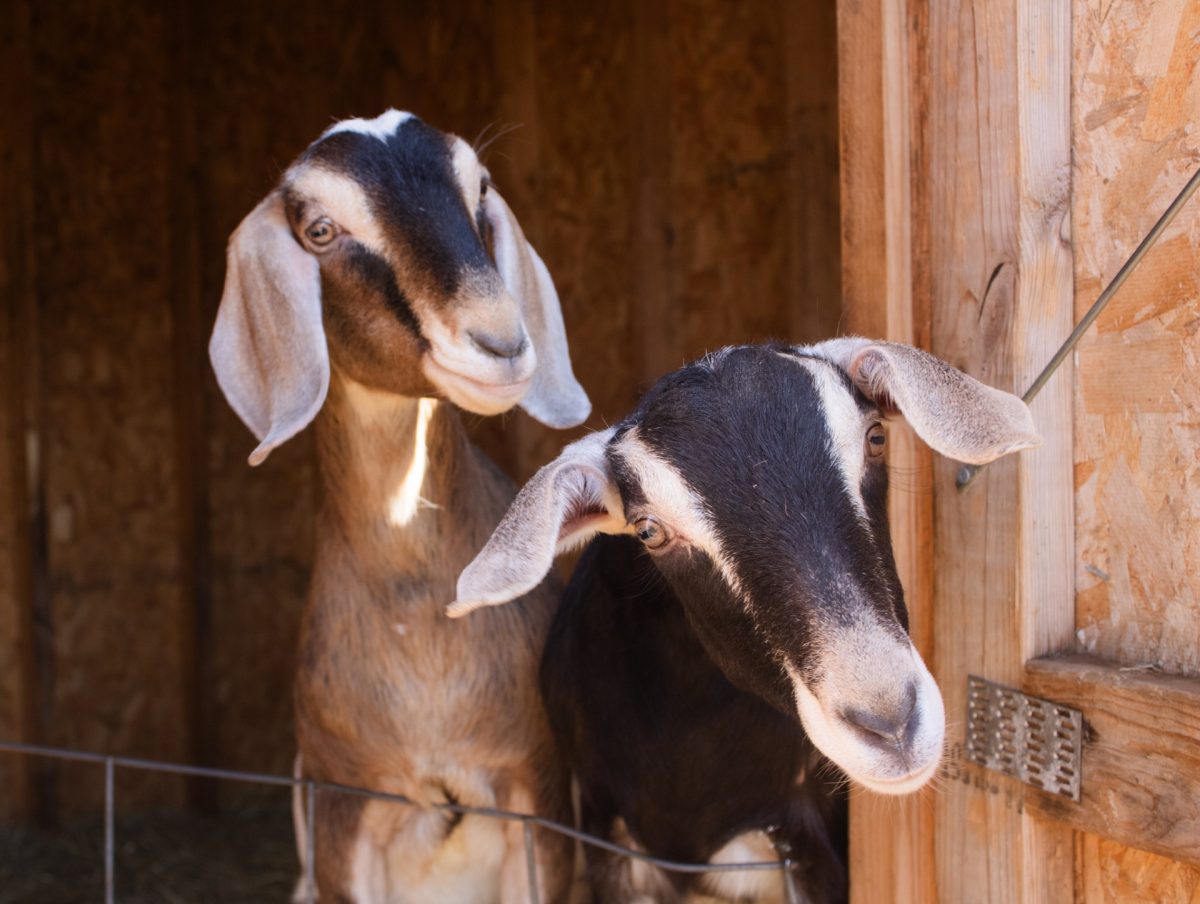

Djh • Apr 12, 2025 at 8:27 am
That’s exactly what they want which is why they no longer teach kids about the Constitution. That’s why I was suspended from most social media outlets because I was trying to teach people their constitutional rights & they don’t want people to know they have them. They want mindless complacent dolts.